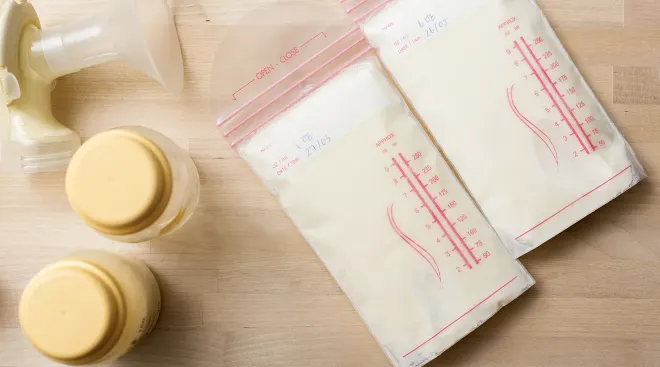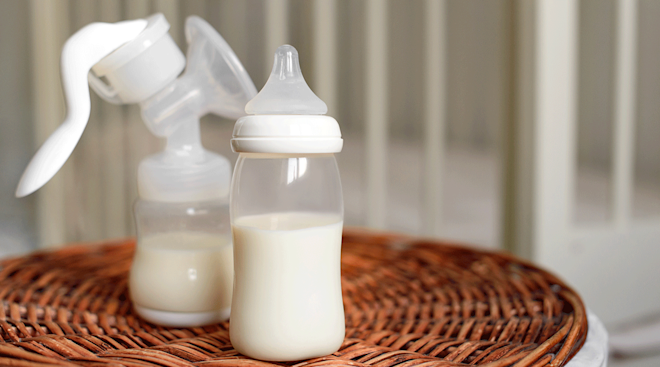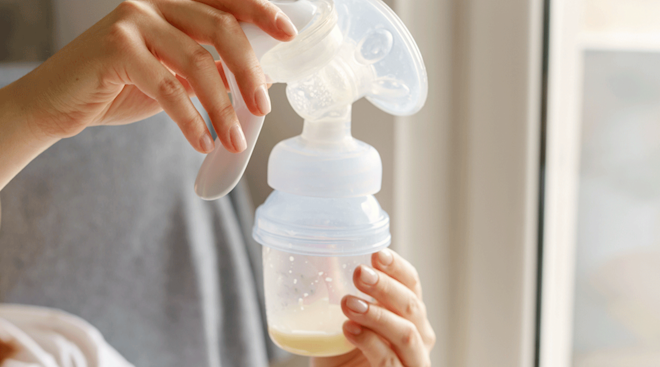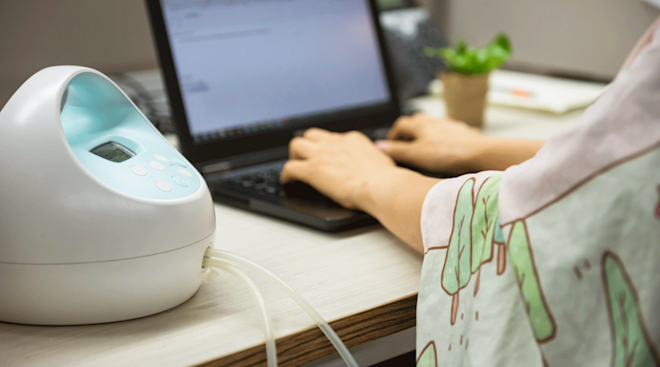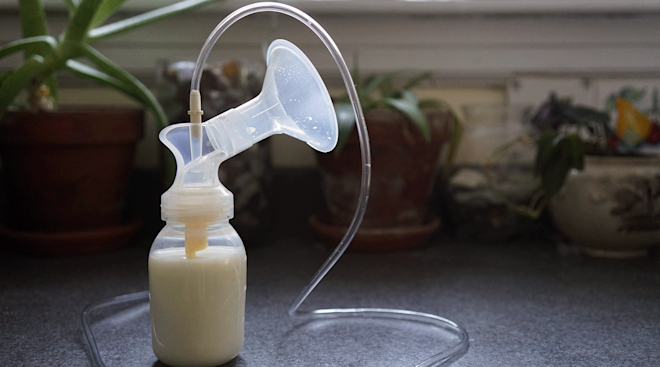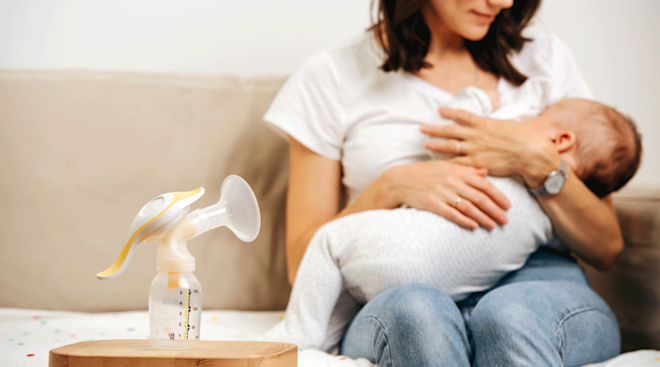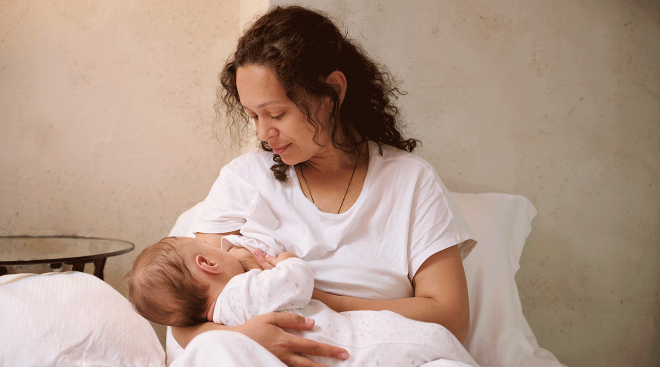Delaying Newborn Baths Increases Early Breastfeeding Success, Study Says
While it’s common practice for babies to get washed up after being born, you may want your hospital to hold off on the bath for a few extra hours. Twelve hours, to be specific.
Waiting to bathe a healthy newborn 12 or more hours after birth increases the rate of breastfeeding exclusivity during the hospital stay, according to a study published in the Journal for Obstetrics, Gynecologic, and Neonatal Nursing.
About 1,000 mothers and their newborns participated in the study. The pairs were separated into two groups: 450 babies were given baths shortly after birth and 550 babies had delayed baths. Exclusive breastfeeding rates increased from 59.8 percent before the delay to 68.2 percent after waiting for baths.
Additionally, babies in the delayed group were more likely to have a feeding plan exclusive to or at least including human milk upon leaving the hospital after birth.
The study’s researchers think there are a few factors that may be causing this outcome, including more skin-to-skin time between mother and baby and the similar smell between the amniotic fluid and the breast encouraging baby to latch.
Researchers also found babies in the delayed bath group were more likely to have a normal temperature after being given a bath. Since they weren’t as cold as some of the babies who were bathed sooner, they had more energy when trying to nurse.
The results align with a previous study, which also recommends hospitals wait at least 8 to 12 hours to bathe a newborn.
“It is now our policy to delay the bath at least 12 hours, unless the mom refuses to wait. In that case, we ask for two hours,” says lead author Heather DiCioccio, DNP, RNC-MNN at Cleveland Clinic Hillcrest Hospital.
DiCioccio hopes her study leads to more research on the topic, with the potential to change the first bath procedure nationwide.
Please note: The Bump and the materials and information it contains are not intended to, and do not constitute, medical or other health advice or diagnosis and should not be used as such. You should always consult with a qualified physician or health professional about your specific circumstances.
Navigate forward to interact with the calendar and select a date. Press the question mark key to get the keyboard shortcuts for changing dates.

































